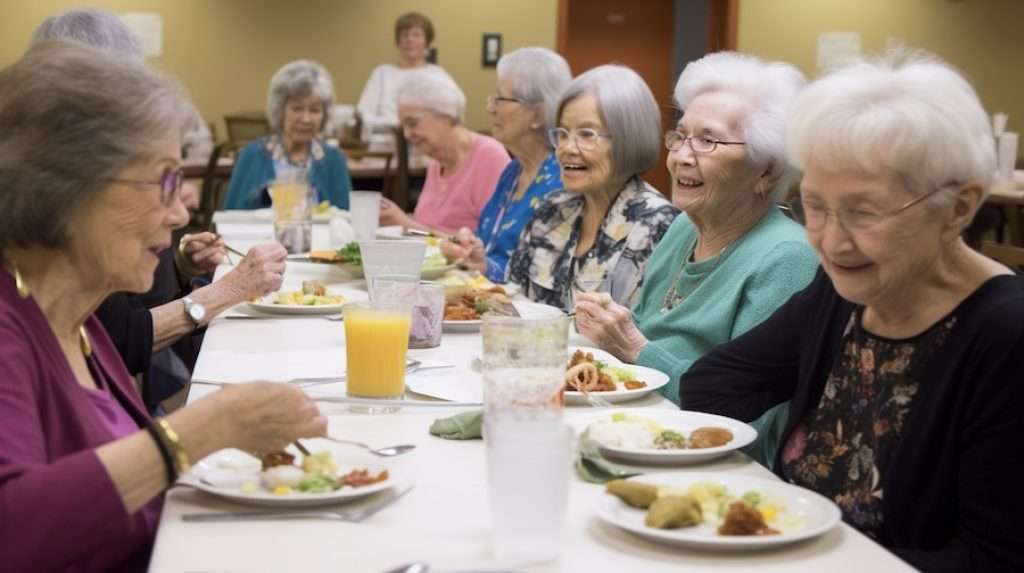As we age, it becomes increasingly important to pay attention to our diet and nutrition. Prioritizing Nutrition for Seniors can help them stay healthy, maintain a healthy weight, and prevent many chronic diseases. This is especially true for seniors, who may have different nutritional needs than younger adults.
Why Nutrition is Important for Seniors
Memory Lane Therapy recognizes the fact that nutrition plays a vital role in the overall health and well-being of seniors. Good nutrition can help:
- Maintain a healthy weight: As we age, our metabolism slows down, making it easier to gain weight. Eating a healthy, balanced diet can help seniors maintain a healthy weight.
- Reduce the risk of chronic diseases: Eating a healthy diet can help prevent many chronic diseases such as heart disease, diabetes, and certain types of cancer.
- Improve cognitive function: A healthy diet can help improve brain function and reduce the risk of cognitive decline and dementia.
- Boost energy levels: A well-balanced diet can help seniors feel more energetic and improve their overall quality of life.

Tips for Healthy Eating for Seniors
- Eat a variety of foods: Seniors should aim to eat a variety of foods from each food group, including fruits, vegetables, whole grains, lean proteins, and healthy fats.
- Choose nutrient-dense foods: Nutrient-dense foods are those that are high in nutrients but relatively low in calories. Examples include fruits, vegetables, whole grains, and lean proteins.
- Stay hydrated: Seniors should drink plenty of water throughout the day to stay hydrated. Dehydration can lead to many health problems, including urinary tract infections and kidney stones.

- Limit processed foods: Processed foods are often high in sodium, sugar, and unhealthy fats, making them less healthy choices. Seniors should limit their intake of processed foods and opt for whole, unprocessed foods whenever possible.
- Consider special nutritional needs: Seniors with certain health conditions may have special nutritional needs. For example, those with Alzheimer’s disease may benefit from a diet high in omega-3 fatty acids and antioxidants.
- Make mealtime enjoyable: Mealtime should be an enjoyable experience for seniors. Consider involving them in meal planning and preparation, and try to make the dining experience as pleasant as possible.
- Try new recipes: Trying new recipes can help seniors discover new foods and flavors, keeping meals interesting and enjoyable.
- Make healthy snacks: Healthy snacks can help seniors maintain their energy levels throughout the day. Check out our fruit kebab recipe for a healthy and delicious snack idea.
- Stay physically active: Exercise can help seniors maintain a healthy weight, reduce the risk of chronic diseases, and improve their overall quality of life. Check out our exercise for seniors article for more information on staying active.

Key Takeaway
Nutrition is incredibly important for seniors, and eating a healthy, balanced diet can help improve their overall health and wellbeing. By following these tips for healthy eating and doing physical yet fun activities, seniors can maintain their health, energy, and quality of life.















